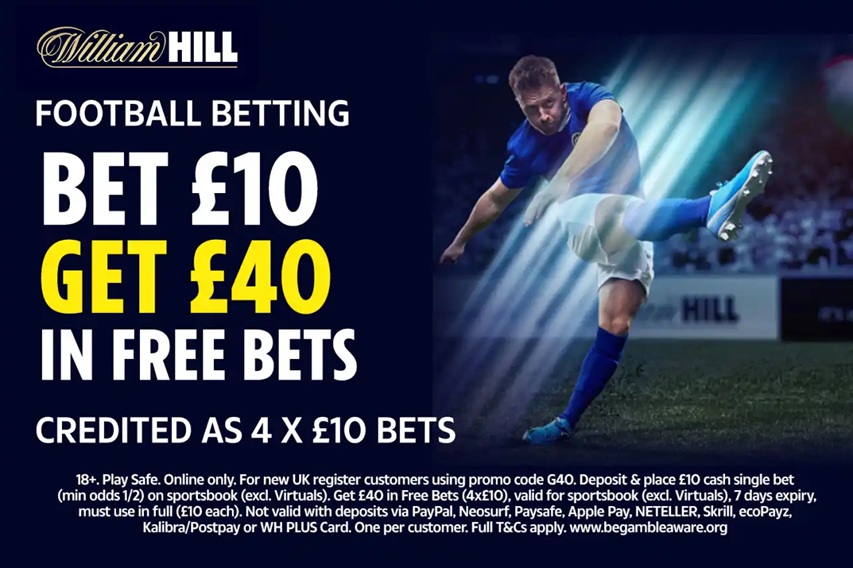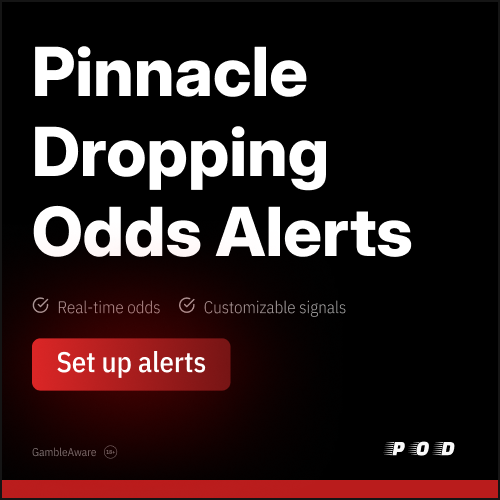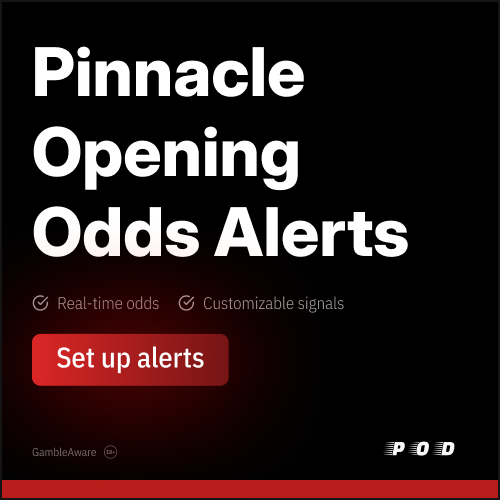Do Better Odds Mean More Profit?
Posted 1st November 2013
It's standard wisdom amongst sports bettors that getting better odds increases our chances of making a profit. But just how valid is that assumption? Intuitively one would reason that betting at the highest available price must surely mean we are going to do better from our betting. But this reasoning fails to consider the differences in how bookmakers arrive at the odds they are publishing (and constantly changing in response to market supply and demand). Specifically it does not address whether the prices we are getting are efficient or inefficient, or in lay speak, correct (according to all available information) or incorrect.
To crack this nut and illustrate what's going on, let's consider the following (absurd) scenario. Suppose we are playing red/black roulette with fair odds of 50-50 or evens for either colour (forgetting for this exercise about the zeros). The first bookmaker decides to offer us odds off 1.95 for both black and red. His market is efficient, reflecting all the information that exists about this game (not a great deal since it's simply a question of statistical chance what happens), with his profit margin of about 2.5% built in. The second bookmaker decides to offer 1.9 for both black and red 9 times out of 10, but every tenth spin he feels generous and moves his market to 1.775 for red and 2.05 for black. His profit margin is double that of the first bookmaker, even for the spin where he offers 1.775/2.05. Clearly, however, this particular 1-in-10 market is inefficient because it does not properly reflect the information about the game of red/black roulette. In such a case, of course, knowledgeable punters will wait for his generous offering of 2.05 for black and bet heavy when it comes up, refusing to bet when only 1.9 is available for either colour, and refusing bookmaker 1's 1.95s as well since these, too, offer no value. Over the long term these knowledgeable punters would expect make about 2.5% profit over turnover betting only with bookmaker 2 on every tenth spin, whilst unsophisticated punters just blanket betting every spin will actually lose close to 2.5% backing every 1.95 at bookmaker 1, 9 times out of 10, and taking the better odds of 2.05 when bookmaker 2 offers it.
Sports prediction, of course is not just a game of chance, but a mixed game of chance and skill. Nevertheless, the same basic mathematical principles apply when spread over a large series of bets. Bookmakers, in the main, are fairly good at estimating the chances of sporting outcomes, and over the long term their odds and implied expectations closely match the actual spread of results (discounting for this discussion the influence of the favourite-longshot bias). Different bookmakers, however, do things slightly differently and specifically when it comes to market efficiency. I have previously discussed at length why some bookmakers prefer to be more efficient than others. Pinnacle Sports, for example, prefers to offer highly efficient odds that reflect much more closely the expectations of sporting outcomes based on all available information about them. In the context of this discussion, Pinnacle Sports is like out bookmaker 1: they offer better odds more generally, but fewer mistakes (compared to bookmaker 2) and consequently fewer value opportunities. The likes of Stan James, Coral and Ladbrokes more closely resemble bookmaker 2. Of course these brand names are not going to be offering quite so many value opportunities as bookmaker 2, and will use other means at their disposal to control any losses that arise from them (staking limitation and account closure for example), but nonetheless the analogy is fitting. These brands will all offer inferior prices to Pinnacle Sports on average, and yet Pinnacle Sports may very well be actually harder to beat. Yes, less sophisticated punters are likely to lose less betting with Pinnacle Sports because their odds are generally better, but because they are also more efficient they are almost certainly less likely to win more. and Ladbrokes more closely resemble bookmaker 2. Of course these brand names are not going to be offering quite so many value opportunities as bookmaker 2, and will use other means at their disposal to control any losses that arise from them (staking limitation and account closure for example), but nonetheless the analogy is fitting. These brands will all offer inferior prices to Pinnacle Sports on average, and yet Pinnacle Sports may very well be actually harder to beat. Yes, less sophisticated punters are likely to lose less betting with Pinnacle Sports because their odds are generally better, but because they are also more efficient they are almost certainly less likely to win more.
Is there any evidence to back up this hypothesis? Well, yes, at least from my analysis of closing tennis prices from the 2010 to 2012 seasons. A full presentation of the data analysis can be found in my book The Truth About Sports Tipsters. Here it is sufficient to summarise the conclusions. When Pinnacle Sports offered the top closing price for an ATP or WTA tennis match (5,121 times in the sample), the return from blindly betting them all would have been 95.1%. By contrast, when blinding backing the top price when it wasn't offered by Pinnacle Sports (15,493 matches), the return would have been 98.5%. For both sample subsets average and median odds were virtually identical. The difference in returns was weakly statistically significant (p-value = 0.036).
Such analysis offers strong support for the idea that when Pinnacle Sports is offering the best industry price the average (unskilled) punter is doing less well than when another bookmaker is offering the best price. Pinnacle Sports, it would appear, know how to set odds and limit punters' gains by increasing market efficiency. Or rather, since Pinnacle Sports' price setting model is to just follow their customers' money, what I should say is that their best customers, those most skilled in forecasting and identifying any initial pricing inefficiencies, are amazing at assessing a fair betting price. Demonstrably, unless you are one of those 'winners', choosing to bet a price at Pinnacle Sports, even if it's better than everywhere else, is not going to deliver you a better bank balance. If you're unskilled it would appear that better prices do not necessarily mean more profit. Of course the wonderful thing about Pinnacle Sports, however, is that if you are one of the skilled few, beating their lines consistently for a profit will not get you banned. Pinnacle Sports likes winners precisely because it helps them make more efficient betting markets with which to beat the mug punter.
|






